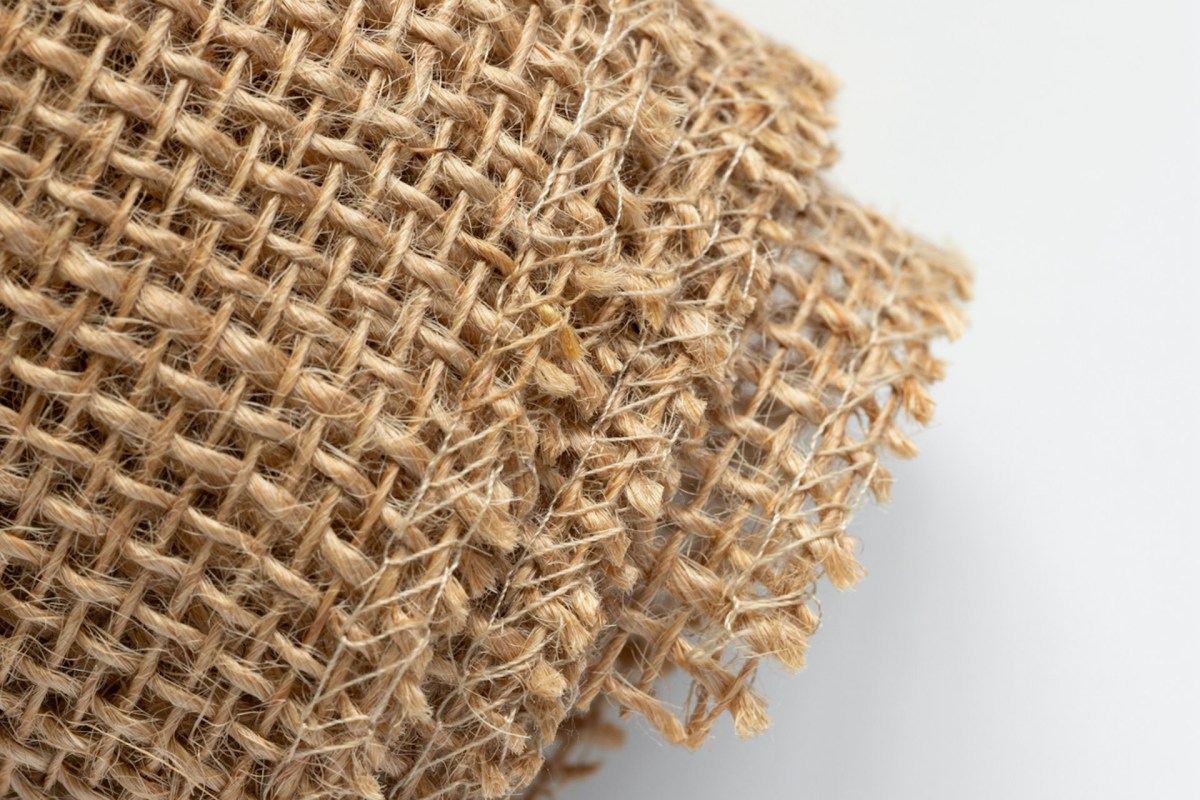Jute mesh, made of fibers from a plant native to India, is a natural and sustainable option to help stop erosion in your home garden, Inhabitat reported.
Rainfall, wind, and extreme weather can all cause erosion and the loss of fertile topsoil in the garden.
Jute mesh is a type of "erosion control blanket" that protects the soil from erosion's impacts. Available online and at many garden stores, jute netting is woven from the fibers of the jute plant.
The material also helps soil retain moisture, and it improves seed germination and plant growth, according to House Digest.
It is biodegradable, generally becoming one with the Earth in six to 12 months. If you're looking for a more durable option, coir mesh might be the way to go.
This naturally derived netting comes in different dimensions and opening sizes — Inhabitat recommended choosing the size based on the scale of erosion in your garden and the square footage of the area you intend to cover. The publication also had some helpful tips on how to prepare your garden and lay down your new jute mesh.
Jute fiber is not the only way to help stop erosion in the garden. You can also choose native plants that are known to help fight soil loss (plus, they're really great for the ecosystem, supporting local pollinators and other important wildlife). You can find native plants in your area by using this tool from the National Wildlife Federation.
"Using native plants for erosion control is an excellent biological method to help protect the landscape from erosive forces," according to the National Park Service. "Native grasses and sedges are particularly effective due to their fibrous roots that grab and hold the soil, keeping it from washing away."
Adding compost to your garden is another way to help reduce soil erosion, as it binds the soil together, increases infiltration, and slows the surface flow of water, according to the U.S. Composting Council. Mulch, such as wood chips or straw, can also do the job. You can even get free wood chips dropped off right at your home, courtesy of ChipDrop.
Join our free newsletter for easy tips to save more, waste less, and help yourself while helping the planet.









